© 2025 Center for Digital Innovation and AI
M. Mario Gharib, administrateur des plateformes éducatives à l’Unité des nouvelles technologies éducatives (UNTE) et Dr. Helena Saade, Cheffe de projets, ont assisté à l’événement organisé par l’association libanaise d’apprentissage alternatif (LAL) à l’amphithéâtre Abou Khater de l’Université Saint-Joseph de Beyrouth sous le thème “Notre voyage avec l’éducation numérique” sous le patronage du ministre de l’Éducation Dr. Abbas Halabi et en présence de l’ambassadeur d’Allemagne au Liban Andreas Kindl et d’experts dans le domaine de l’éducation.
Coïncidant avec la Journée internationale de l’éducation célébrée par les Nations Unies, l’évènement a rassemblé plus de 300 personnes. La cofondatrice et PDG de LAL, Professeure Nayla Fahed a communiqué aux participants les efforts de l’association pour créer un environnement éducatif plus équitable au Liban de sorte à offrir à tous les étudiants une expérience d’apprentissage numérique transformatrice ouverte à la diversité et à l’inclusion.
Dans son discours, Fahed a souligné que LAL fournit des solutions basées sur la technologie pour résoudre le problème de la connexion Internet non fiable dans les endroits éloignés afin de ne laisser personne de côté. Elle a expliqué que « Deux solutions hors ligne sont disponibles : la « Tabshoura-in-a-Box » et « l’application Offline ». La Box est un mini-serveur basé sur la technologie Raspberry Pi qui peut connecter jusqu’à 30 appareils à une bibliothèque de Contenu interactif de Tabshoura. Cela permet aux enfants défavorisés des zones rurales d’accéder à des supports numériques d’éducation et de formation. L’apprentissage alternatif libanais (“LAL”), est une organisation non gouvernementale EduTech humanitaire qui s’efforce de briser le cycle des inégalités et d’offrir des opportunités éducatives à chaque enfant pour assurer à chacun une éducation gratuite de qualité.
Le numérique a révolutionné l’enseignement supérieur ces dernières années. Il a permis aux étudiants d’accéder au contenu des UE et de participer à des cours de n’importe où dans le monde. Il a également permis aux enseignants d’utiliser une variété d’outils interactifs pour engager les apprenants dans le processus d’apprentissage. La technologie numérique a permis aux universités d’offrir des cours et des options d’apprentissage plus flexibles, tels que des cours en ligne et hybrides. De plus, la technologie numérique a permis aux universités de collecter et d’analyser plus facilement des données sur les performances des étudiants, leur permettant de mieux adapter leur enseignement aux besoins de ces derniers.
A l’UNTE, nous nous engageons à offrir des expériences d’apprentissage innovantes et engageantes à la communauté.
Nous invitons tout le monde à nous rejoindre dans ce voyage et à faire partie de la révolution numérique.
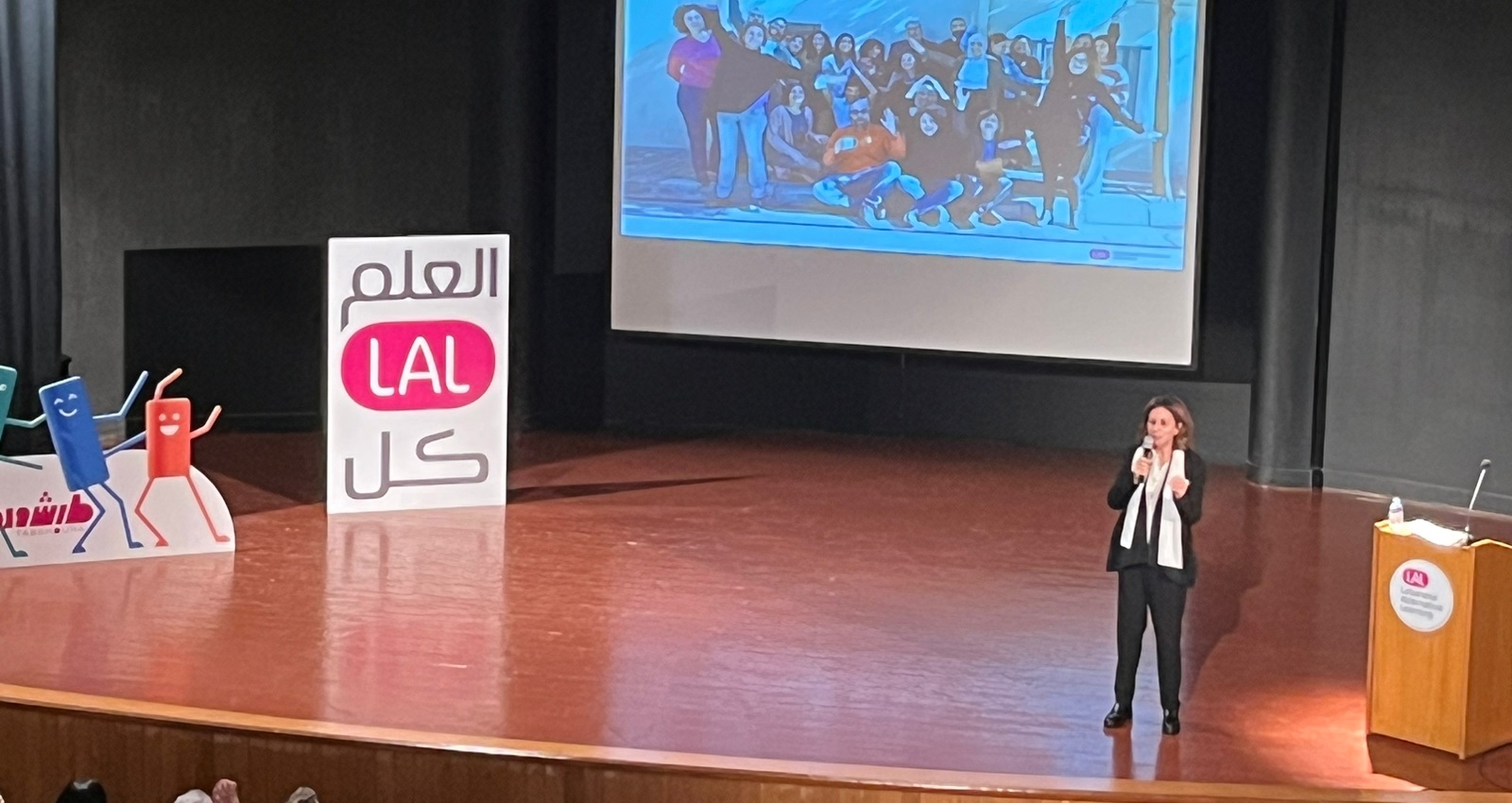
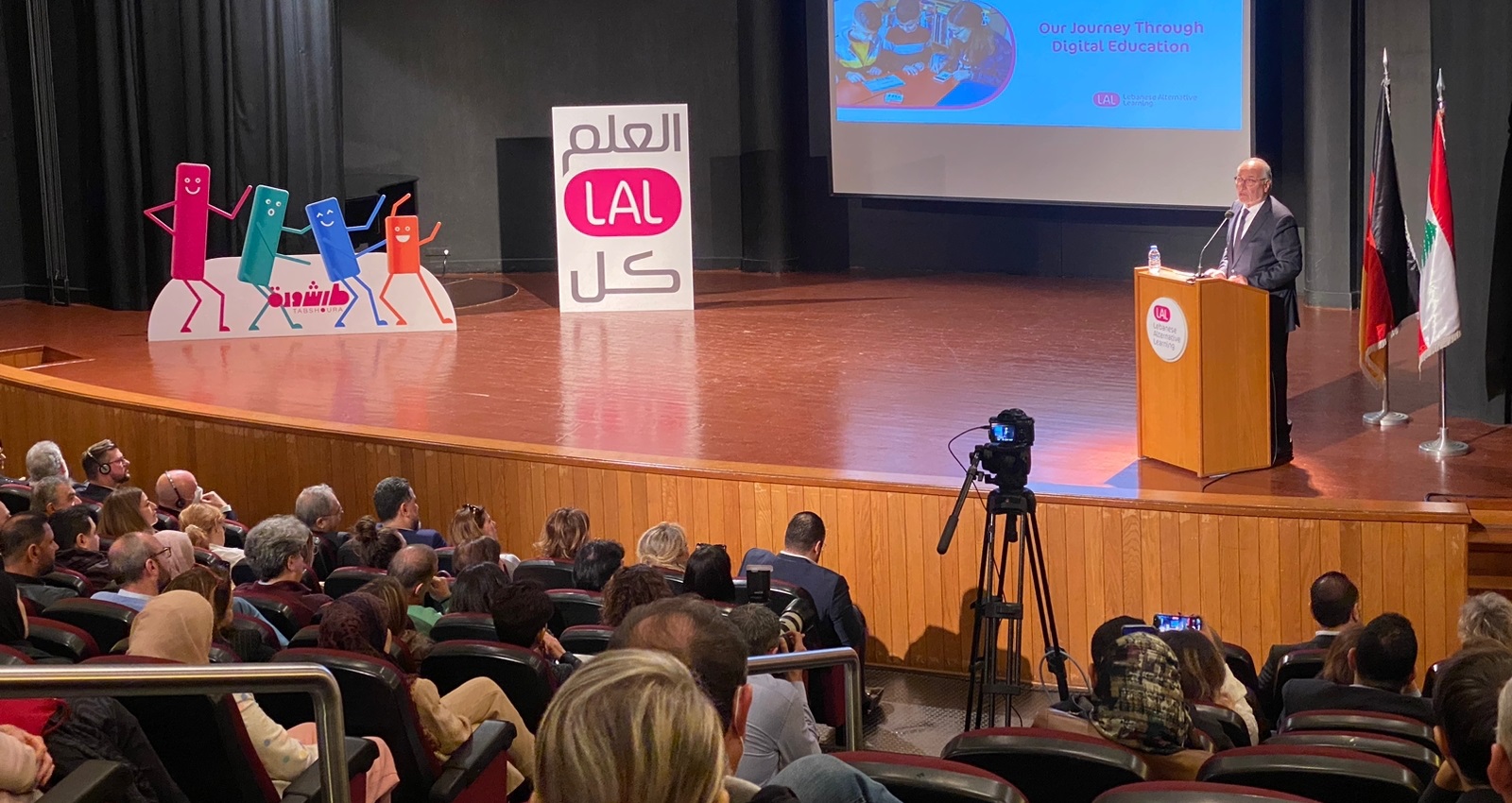
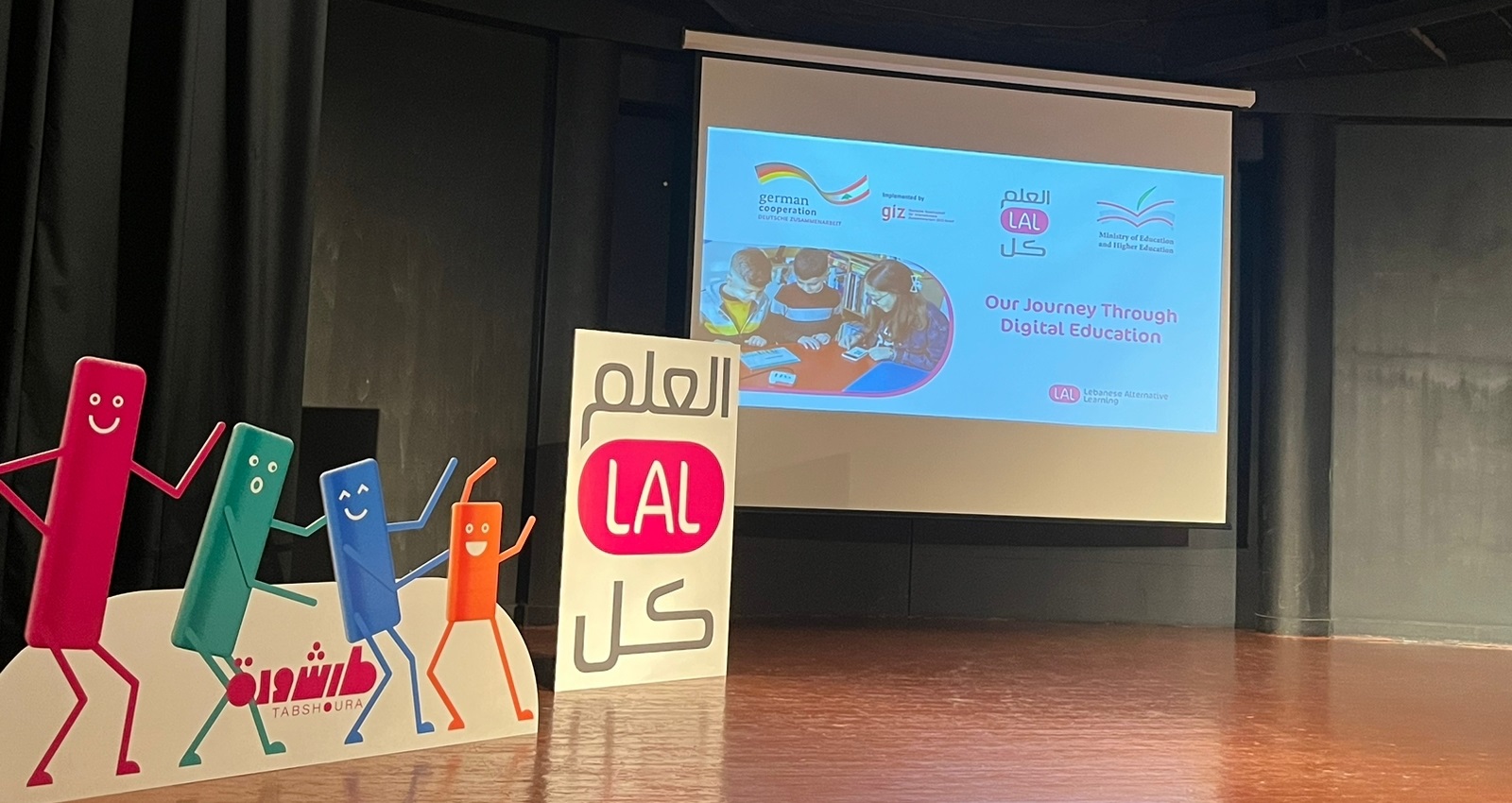
The Administrator of Learning Platforms Mr. Mario Gharib and the Projects Manager Dr. Helena Saade PhD, at UNTE attended the event organized by the Lebanese Alternative Learning association (LAL) at University of Saint Joseph of Beirut Abou Khater Amphitheatre under the theme « Our Journey Through Digital Education » under the patronage of Minister of Education Dr. Abbas Halabi and in the presence of German Ambassador to Lebanon Andreas Kindl and experts in the education field.
Coinciding with the International Day of Education celebrated by the United Nations, the event brought together more than 300 people. LAL Co-Founder and CEO, Professor Nayla Fahed shared with participants the association’s efforts to create a more equitable educational environment in Lebanon so as to provide all students with a transformative digital learning experience open to diversity and inclusion.
In her speech, Fahed stressed that LAL provides technology-based solutions to address the problem of unreliable internet connection in remote locations to leave no one behind. She explained « Two offline solutions are available: the « Tabshoura-in-a-Box » and the « offline App ». The Box is a mini-server based on the Raspberry Pi technology that can connect up to 30 devices to a library of Tabshoura interactive content. This allows disadvantaged children in rural areas to access digital education and training materials. The « offline App » is an application that can be downloaded and used without an internet connection ».
Digital technology has revolutionized higher education in recent years. It has enabled students to access course materials and participate in classes from anywhere in the world. It has also enabled teachers to use a variety of interactive tools to engage students in the learning process. Digital technology has enabled universities to offer more flexible courses and learning options, such as online and hybrid courses. Additionally, digital technology has made it easier for universities to collect and analyze data about student performance, allowing them to better tailor their instruction to student needs.
At UNTE, we are dedicated to providing innovative and engaging learning experiences to our students and we are excited to explore the potential of digital education and how it can be used to enhance learning.
We invite everyone to join us in this journey and to be part of the digital revolution.



Laisser un commentaire Annuler la réponse
CINIA est situé au 7ème étage du campus des sciences humaines de l’USJ, rue de Damas à Beyrouth.
N’hésitez pas à nous contacter à cinia@usj.edu.lb
ou à nous appeler au +961 1 421 000 poste 5923/5924.
© 2025 Center for Digital Innovation and AI. Created for free using WordPress and Kubio
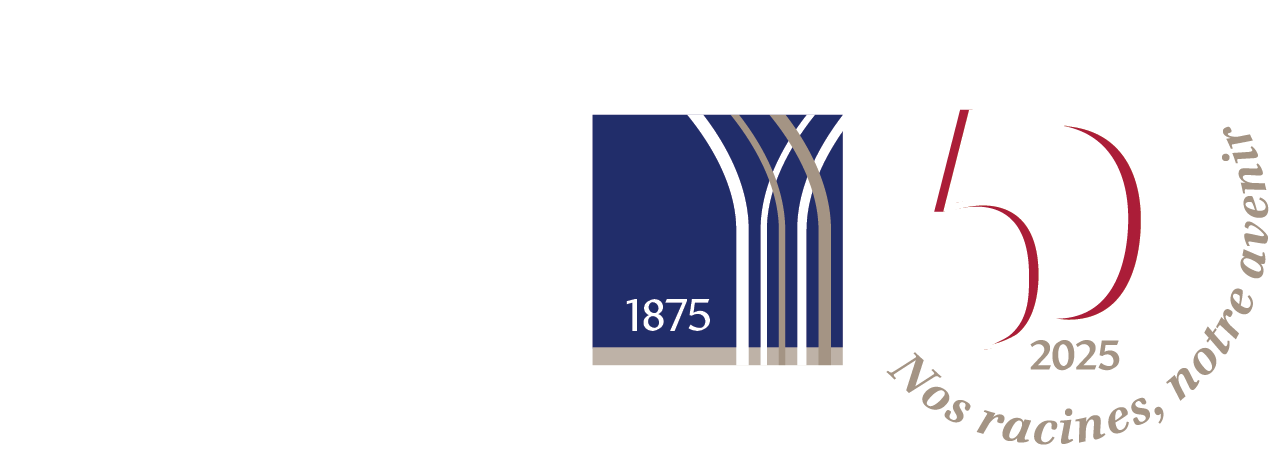
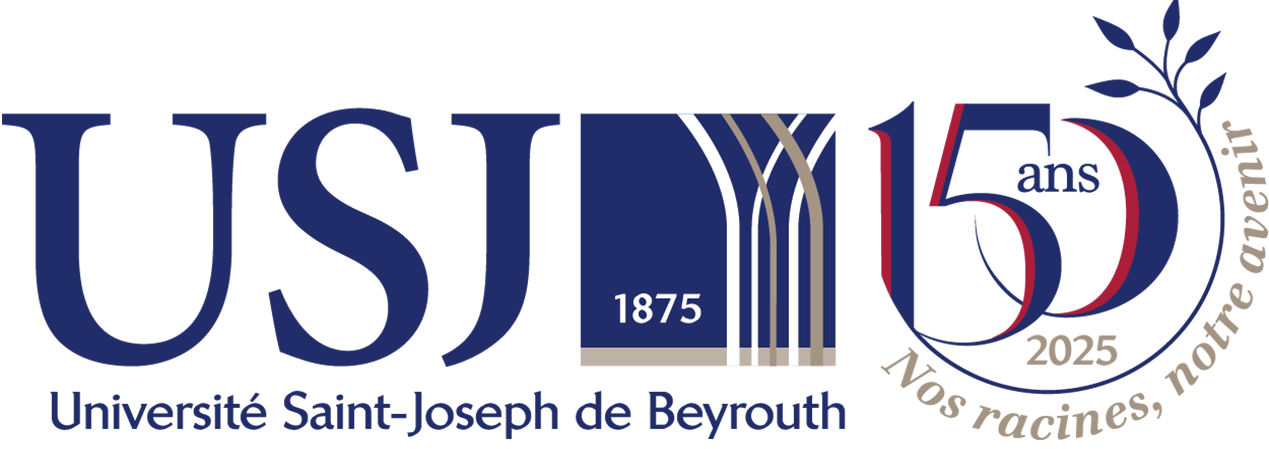
No responses yet